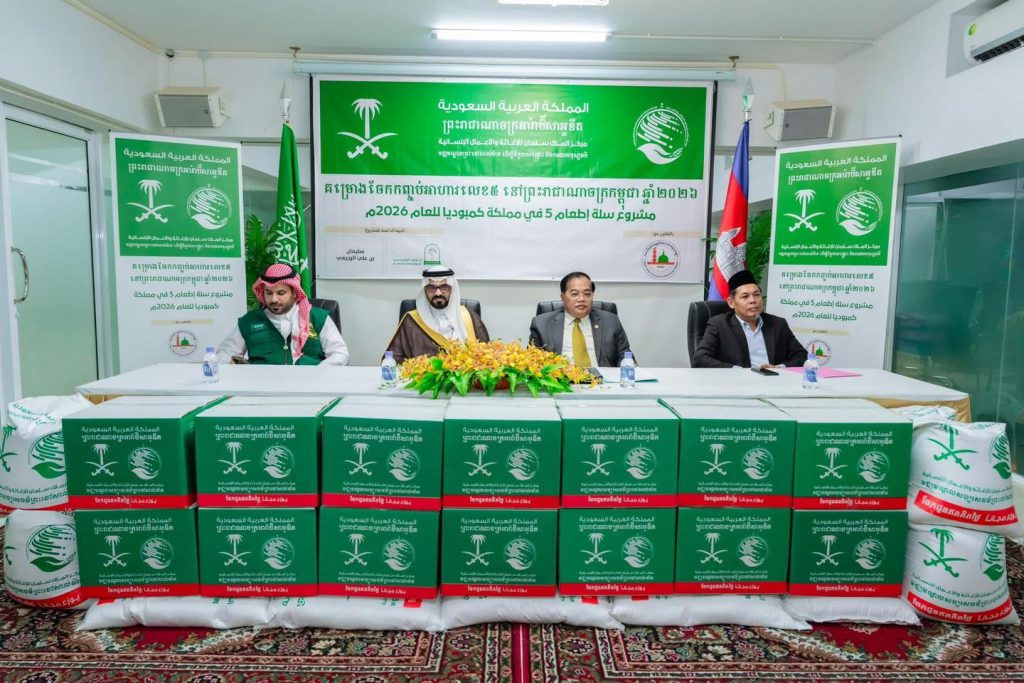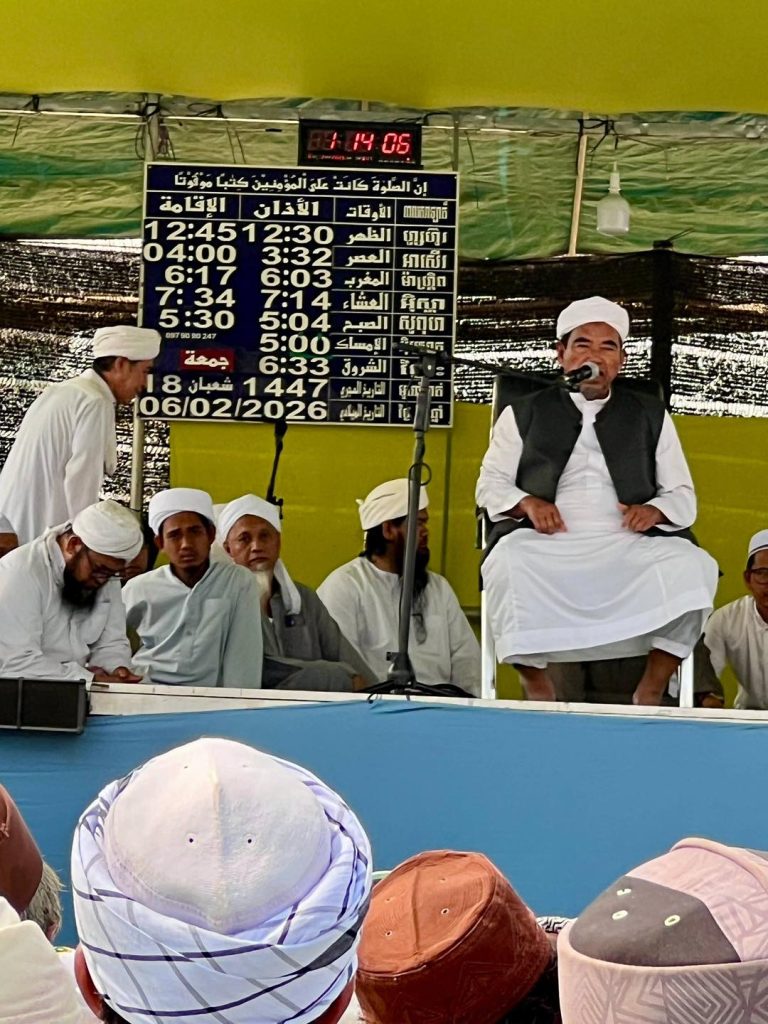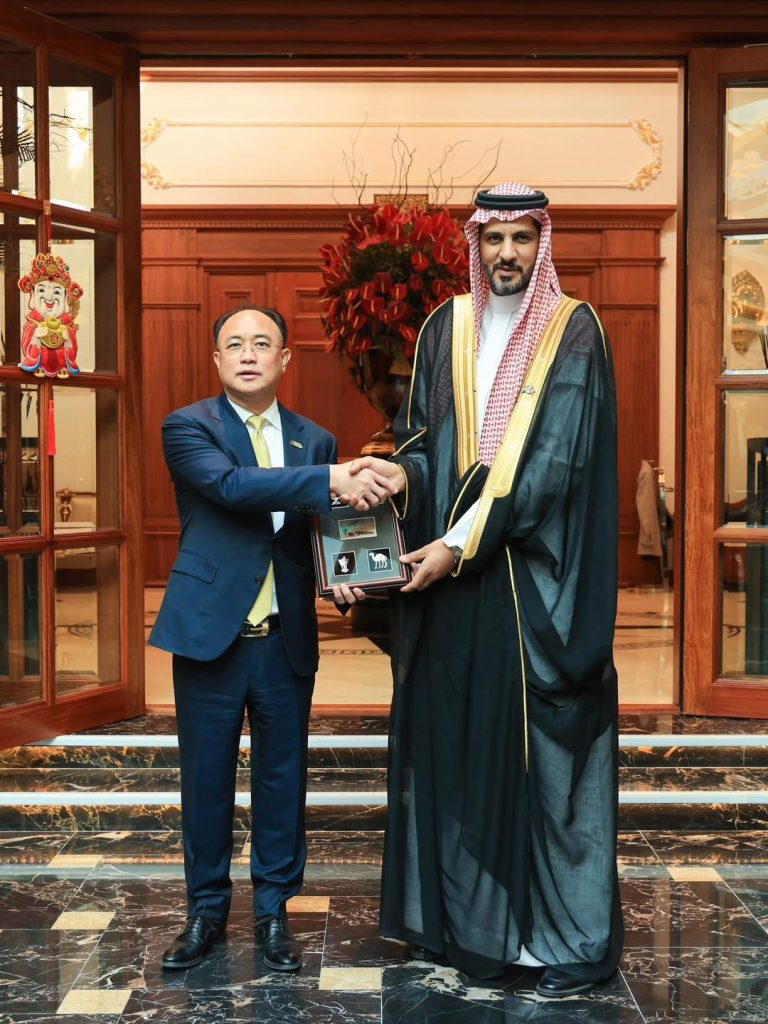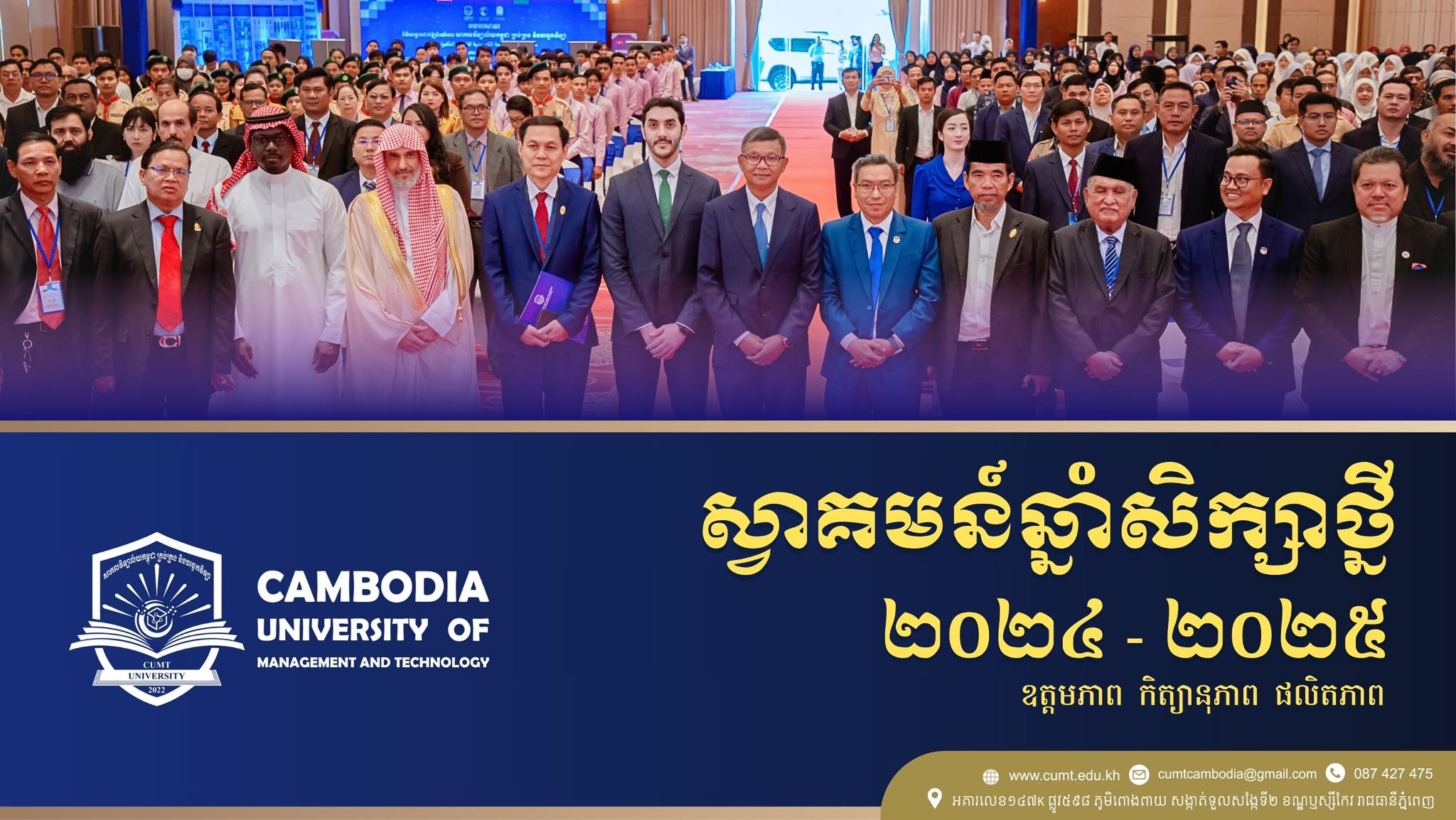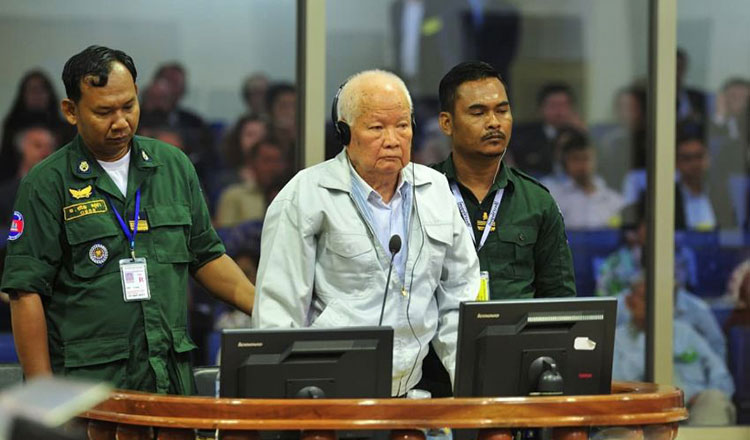
Outrage over Samphan’s claim of victimisation


Documentation Center of Cambodia (DC-Cam) Executive Director Youk Chhang has expressed outrage over what he sees as an attempt by former Khmer Rouge head of state Khieu Samphan, to portray himself as being victimised.
In an interview, Chhang told Khmer Times that the convicted former head of state of the genocidal Khmer Rouge regime should not expect to be treated differently from his victims whose basic rights were trampled upon.
“Truth does not need the law for protection; though, equally so, evil should be given no platform for its excusal, diminishment or vindication,” Chhang noted.
“Khieu Samphan’s request for a computer and his attorney’s advocacy on his behalf to this end, is not a struggle for one’s right to free speech or other human rights; rather it is a debate about providing unjustified privileges to the perpetrator of genocide.”
While agreeing that any person should be allowed to generally read, write and discuss whatever topics and issues they choose, he said Samphan is not just any person, and his request is not just a trivial accommodation in the name of free expression.
Chhang said the convict was given ample opportunity to express himself in a court of law, the Extraordinary Chambers in the Courts of Cambodia (ECCC) on the charges he most earnestly sought to expound upon, and he was convicted by the court on specific charges.
“He is not deprived of any right to speak, write or publish; rather, he is asserting a right to a technological convenience, which seems so far removed from the barbaric deprivation he and others oversaw during his leadership within the Khmer Rouge regime.
“It seems almost ridiculous to have to say that the Cambodian people who were forced to labour under the terror of death perpetrated by the senior leaders of the Khmer Rouge, which included Khieu Samphan, could not even fathom having the discussions we entertain today about the right or privilege so claimed by Samphan,” Chhang said.
He said Samphan’s request is not the plea of a potentially innocent man. It is also not the plea of a man genuinely seeking to educate or bring value to civilised society.
“It is the plea of an old despot, whose demands for dignity, decency and human rights, rise to the heights of hypocrisy in the context of the millions who died during the regime.
“He is claiming victimisation, while the survivors maimed physically, mentally and spiritually by his and others’ actions and inactions struggle with the most basic human needs,” he added.
Chhang said the prospects of a better world require an unequivocal commitment to the freedom of expression, human rights, democracy and the rule of law, but Samphan’s need for a computer to complete his autobiography is not an example of this struggle.
“In fact, it is a parody that should not be entertained, let alone supported,” he added.
“The end of war in Cambodia has contributed to the strengthening of peace in the region and to the settlement of international affairs […],” he said.
“Protecting peace in Cambodia means protecting peace in the region,” he added.
Chin Malin, spokesman of the Ministry of Justice, declined to comment yesterday and referred questions to the ECCC officials.
An ECCC official said he was not able to comment on the issue, noting that the main ECCC set up in Cambodia had been scaled down following the last case in which it rejected the final appeal by Samphan against his conviction.
Norng Chan Phal, a 57-year-old victim of the Khmer Rouge regime, said yesterday that he could not accept Samphan’s claim that he is being victimised because he was one of the top leaders who had deprived the people of basic rights for more than three years.
“Samphan never confessed his sins and never publicly apologised to the victims, unlike former Tuol Sleng prison chief Kaing Guek Eav better known as Comrade Duch, who dared to confess and apologise to the victims in public,” he said.
“We cannot forget the events of Samphan’s rule, and we cannot forgive this Khmer Rouge leader. I lost a total of more than 50 relatives, including sisters and brothers, who were killed during the Khmer Rouge era and my daily life continues to be difficult because I do not have anyone who can support me in times of need,” Chan Phal added.
Cheung Ravy, general manager of the Choeung Ek Genocide Centre, said yesterday that she could not accept Samphan’s claim of victimisation because it was appropriate for him to serve his sentence in Kandal Provincial Prison.
She said she also was one of the victims of the Khmer Rouge regime, having lost a brother in Kampong Thom province and many other relatives being tortured by Khmer Rouge military officers, she said.
“Even though the genocidal Khmer Rouge regime fell over 40 years ago, one can still see the significant effects of this period in Cambodia’s history and its people from mental trauma and physical disabilities in survivors to the damage done to the civil service, civil society, and cultural institutions that have to this day not fully recovered,” Ravy added.
On September 22, 2022 the ECCC rejected Samphan’s final appeal against a life sentence in Case 002/02 which was handed down to him for his role in the genocide committed from 1975 to 1979 during the Pol Pot regime’s rule.
Case 002/02 involved some of the most heinous events that occurred during one of the most tragic and catastrophic periods in human history.
Between April 17, 1975 and January 6, 1979, the Communist Party of Kampuchea (CPK), also known as the Khmer Rouge, ruled Cambodia, which was then known as Democratic Kampuchea (DK).
After seizing power, the CPK launched a nationwide socialist revolution through a “great leap forward” aimed at building the country, defending it from enemies and radically transforming the population into an atheistic and homogeneous Khmer society of worker-peasants.
During the DK era, the civilian population was denied basic freedoms and subjected to widespread acts of extreme cruelty. A culture of fear prevailed through mass killings, torture, violence, persecution, forced marriage, forced labour, enforced disappearances, and other inhumane treatment.


